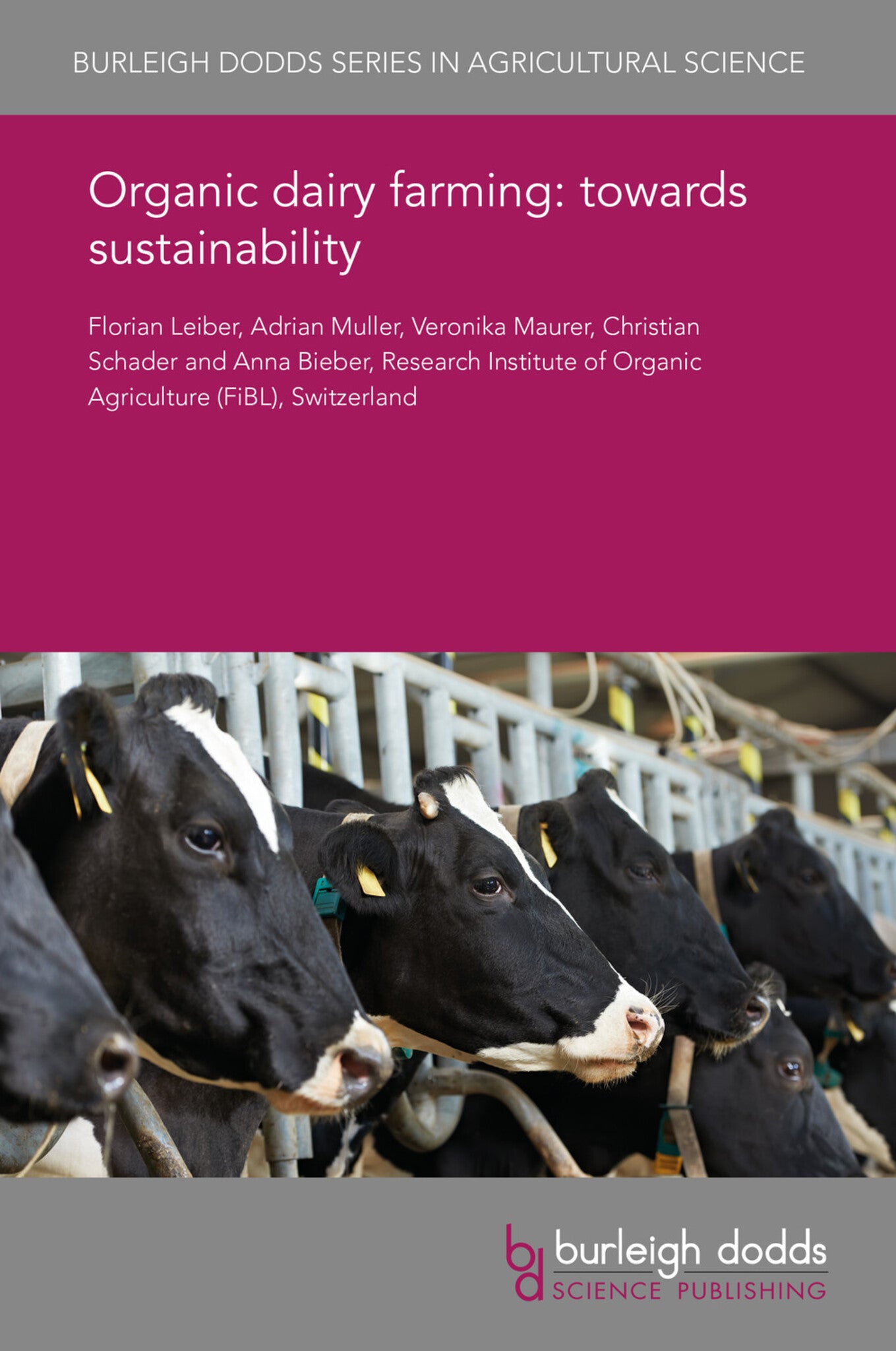We're sorry. An error has occurred
Please cancel or retry.
Organic dairy farming: towards sustainability

Some error occured while loading the Quick View. Please close the Quick View and try reloading the page.
Couldn't load pickup availability
- Format:
-
06 June 2017


TECHNOLOGY & ENGINEERING / Agriculture / Sustainable Agriculture, Dairy farming, TECHNOLOGY & ENGINEERING / Agriculture / Animal Husbandry, Sustainable agriculture, Organic farming

1 Introduction 2 Local and global feed efficiency and ecological sustainability 3 Towards solutions 1: longevity and integrated dairy and beef production 4 Towards solutions 2: developing roughage-based feeding strategies 5 Towards solutions 3: organic dairy breeding 6 Towards solutions 4: approaching animal health and welfare 7 Research into sustainable organic dairy production 8 Future trends and conclusion 9 Where to look for further information 10 References



